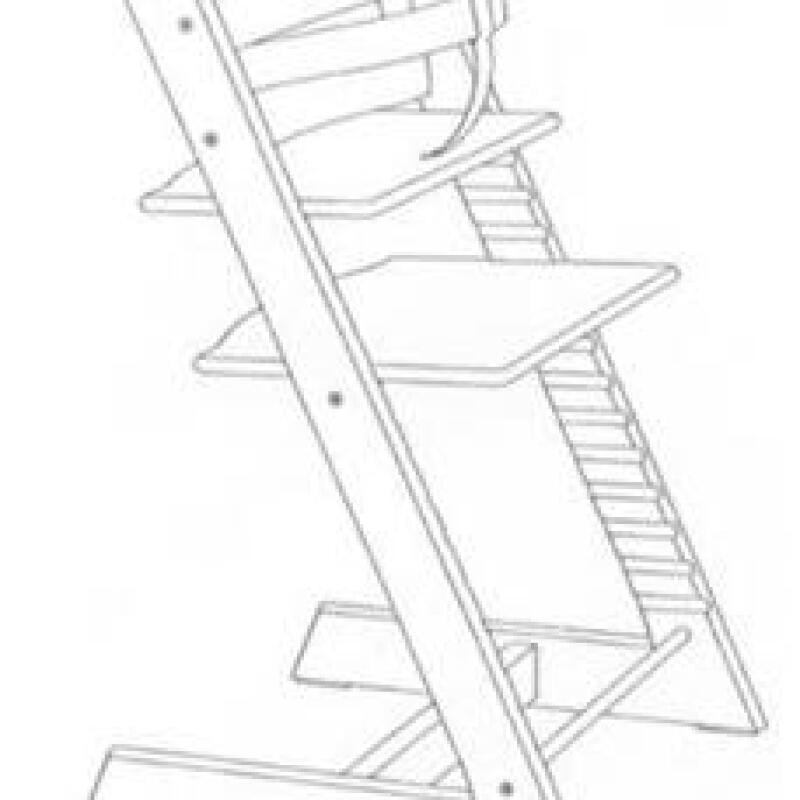
Stokke has been in a long-running battle with Germany’s Hauck, which makes two models of chairs called the Alpha and the Beta. Stokke sued Hauck, claiming that the German company’s designs infringed its copyright in its L-shaped chairs and the rights deriving from its registered trade mark in the Benelux. Hauck claimed that the trade mark was invalid.
In 2000 a Dutch court upheld Stokke’s claim with regard to copyright, but also upheld Hauck’s counterclaim seeking a declaration that the trade mark was invalid.
On appeal the Supreme Court of the Netherlands asked the CJEU to clarify the rules on the registration of a mark consisting of the shape of a product.
Yesterday the Court ruled that registration as a trade mark of shapes required by the function of a product and of shapes which give substantial value to a product with several characteristics may be precluded under EU law.
It said that reserving the benefit of such shapes to a single operator would grant a monopoly over the essential characteristics of goods, which would undermine the objective of trade mark protection.
The case will now return to the Dutch courts for a final decision.









